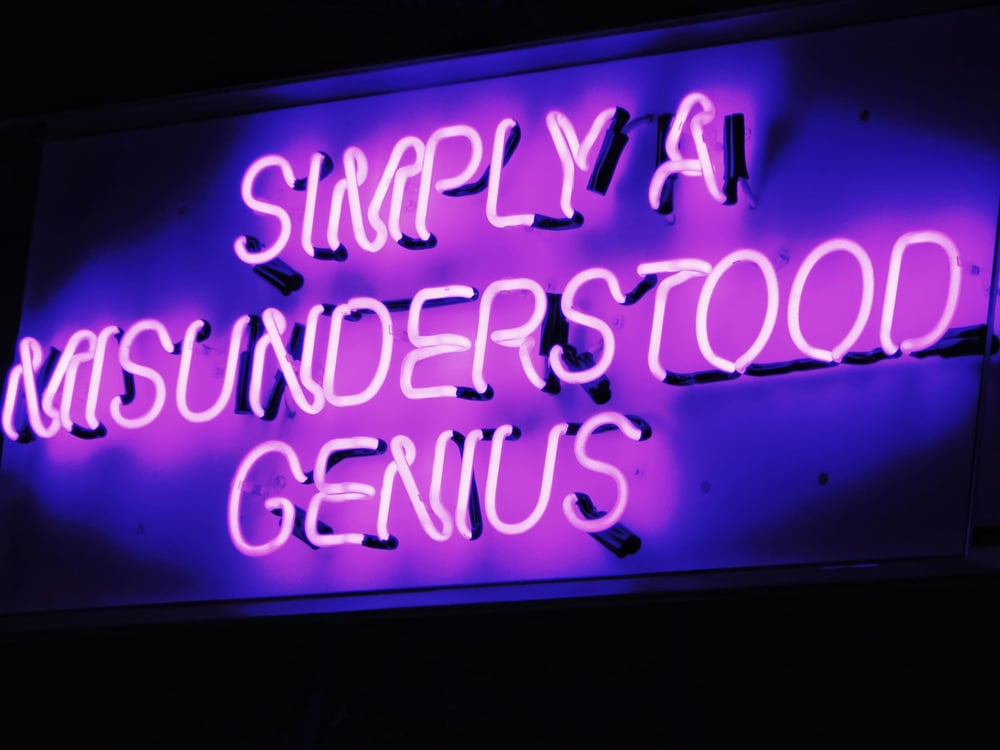20 Original Character Questions (This Might Get Weird)

So you’ve come here looking for original character questions.
Not just character interview questions (though heaven knows, we’ve got ‘em.)
Original character questions.
Questions you’ve never even thought to ask your characters before. The kind of questions you wouldn’t think to ask your friends because they’re so obscure, weirdly specific, and honestly kind of invasive. Questions that force you beyond the polite, get-to-know-you formalities.
Because you’re ready to discover the forbidden rooms of your character’s mind. You’re ready to go deep.
That, or you’ve hit a creative wall and you’re hoping the Internet can save you. Either way, I’ve been there and will do my best to come through for you.
We’ll go over a quick run-down of the components that make a character feel real, then I’ll dish out the original character questions you came for.

Components of Character
We, as human beings, contain multitudes. This means that if we hope to create human characters, our characters must contain multitudes, too.
When you’re developing a character, you want to keep these character components in mind:
- Quirks
- Weaknesses
- Limitations
- Physical Appearance
- Occupations
- Hobbies
- Relationships
- Motivation
- Flaws
- Philosophy
If you want a closer look at what these different components entail, check out our article on character ideas. You’ll find brainstorming questions to help you out, plus sixty-five unique character ideas.
On the other hand, if you’ve already answered all the questions out there about what your character wants and what they look like, it might be time for another tactic.

Why It’s Important to Ask Your Character Questions
Sometimes we need to get to know our characters the way our readers do: through their stories.
After all, when it’s time to write your book, you’re not going to sit down and type, “Judy was a preschool teacher who wore a lot of bracelets. She was raised Catholic and had three brothers. She lived in a blue house on Acorn Street. Her greatest fear was death.”
(Okay, honestly, I don’t hate that opening. But if you’re going to start your story with a list of facts about your protagonist, you have to have a reason.)
More likely, you’re going to show Judy having coffee on the front porch of her blue house, watching the people of Acorn Street take their morning walks. You’re going to tell us how her bracelets feel on her wrists and you’re going to bring us along to the family potluck.
The original character questions that follow are designed to do the same thing for you. They help you see the full picture of your character’s identity, not just a list of traits.
Plus, when you ask your characters to tell you about their lives, you invite a creative flow. You’re not brainstorming. There are no lists to make or problems to solve. You’re just opening up and discovering.
The other advantage of asking your characters super-specific questions is that the questions might spark story ideas.
Ready to give it a shot and see what happens?

20 Original Character Questions
These twenty original character questions are written interview-style. This means you’re directing them to your character. Make sure you answer in your character’s voice.
Also note that you can ask these questions to any character. It does not have to be your protagonist.
7 Questions About Your Character’s History
- Tell me about a one-off conversation you had with a stranger a long time ago. Why do you still remember this conversation?
- Tell me all about the dream birthday party you never got to have as a kid. Whine all you want.
- Have you ever done something immoral to make someone else happy? Why was it so important for you to impress that person or give them what they wanted?
- How do your grown-up experiences with romantic love compare to what you imagined when you were a kid?
- What’s the most selfless thing you’ve ever done? Do you think you’ll ever do anything that selfless again? Why or why not?
- When your significant other says, “Ugh, you’re just like your father/mother,” what are they talking about? Are they right?
- Have you ever had a recurring dream? What was it about? How did it make you feel? What do you think it meant?
13 Questions About Where Your Character is Now
- Have you ever had an entire argument in your head? Me, too. Tell me about your most recent imaginary throw-down. Who were you fighting with? What did you fight about? How did you feel when you saw them in real life?
- Everybody has at least one unpopular opinion. What’s yours? Give me the full rant.
- You know how we’re all a little different in different situations? We have a work self, a family self, a drunk self, the self we are with this friend, the self we are with that friend, etc. Which version of yourself do you like the best? Why?
- If you could blow up one part of your life and start completely new, what part would you choose? What would your redo look like?
- What YouTube channels do you subscribe to? If you don’t watch YouTube, what type of videos would you watch if you did?
- What does your therapist want you to work on? Are you going to work on it? Why or why not?
- What was the last teeny-tiny, seemingly insignificant thing that made you cry, pissed you off, or filled you with joy?
- What major flaw are you constantly aware of? Why can’t you change that part of yourself? What would happen if you did?
- You’re in line at Target. You start putting your items on the belt and you realize that your purchases tell the story of your life right now. What are you buying?
- Is there anyone you feel like you should like but you just… can’t? What’s going on there?
- What’s the last thing you posted on social media? Who were you hoping would see it? What did you want them to think about you when they saw it?
- Do you like talking about your job? Why or why not? What assumptions do you think people make about you because of your job?
- If you weren’t you, who would you want to be instead? If you could choose between being yourself or this other person, which would you pick?

Keep Track of the Weird Stuff Your Character Tells You
What I love about original character questions like these is that they tend to spark new questions. Suddenly, you’ve got a discovery snowball barreling downhill, gathering fresh ideas as you go.
All you have to do is open yourself up to it. Stay curious. Ask more questions. Scribble your notes, write your scenes, let your brain work on it while you sleep. Check back in the next day and see if it all still rings true.
Developing captivating characters is a process. It takes time and it gets a little messy. My best advice to you is to enjoy the adventure and embrace the mess.
Oh! And consider using Dabble to keep track of everything. You can use Dabble’s Character Notes to write your character interviews, keep track of relationships, make notes, and more.
When inspiration strikes at an inconvenient time, you can use Dabble Stickies so you don’t lose your thought. Or use the Comments feature to note inconsistencies or new questions as you go.
Try these and all the other premium features for free for fourteen days. No credit card required. Just click this link and get Dabblin’.









